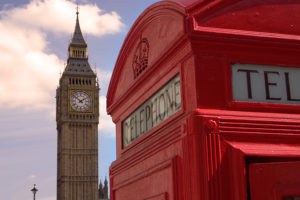Gaming in Latvia: operators may appeal against Daugavpils’ gambling-free zones

Daugavpils City Council has defined the areas in the city where gambling is not allowed.
Latvia.- Daugavpils City Council has approved new regulations defining locations where gambling venues will not be permitted. Operators oppose the move and may lodge a legal challenge.
The new restrictions ban gambling venues within 150 metres of a wide range of types of buildings, including all municipal and religious institutions, post offices, credit institutions, social services, educational and sports buildings and residential apartments.
The rules will apply immediately for any new gambling business that opens, but existing gambling halls located in the newly prohibited areas will need to close or relocate within five years. This could affect all nine existing gambling halls. The five-year timeframe was set by the Constitutional Court to give businesses time to adapt.
Back in 2013, Daugavpils City Council had approved a rule that capped the number of gambling venues in the city, effectively preventing the opening of any new venues unless an existing one closes. Local media report that residents are in favour of the council’s policies, but gambling operators warn that the move could cause the loss of 100 jobs and a reduction in municipal tax revenues.
Arnis Vērzemnieks, president of the Latvian Gaming Business Association LSBA, and Matīss Batarags, a representative of Klondaika, which has two gaming halls in Daugavpils city centre, have suggested that the industry may lodge a legal challenge against the new restrictions.
Batarags said: “In our opinion, the vote by the municipality to close gambling is not legal, as has been proven by several Constitutional Court rulings stating that such restrictions on gambling in cities where not every location has been specifically studied and justified harm the population.”
Daugavpils City Council notes that it is only attempting to limit gambling rather than ban it – something that was attempted in the capital Riga and in Kekava. Marina Dimitrijeva, deputy head of the council’s legal department, stressed: “To balance the interests of business and citizens, a gaming hall will be closed only after five years, so that the entrepreneur can restructure his business and not suffer so deeply.”
Meanwhile, the national government is planning to raise the minimum age for gambling in Latvia from 18 to 21. Amendments to the Gambling and Lotteries Act would also introduce a minimum age for lottery sales for the first time. This would be set at 18.
As well as raising the minimum age for gambling, the draft law would also introduce new rules for promotion. Cabinet of Ministers would be allowed to impose regulations setting uniform requirements for the facades of gaming venues in order to make them less visible.











